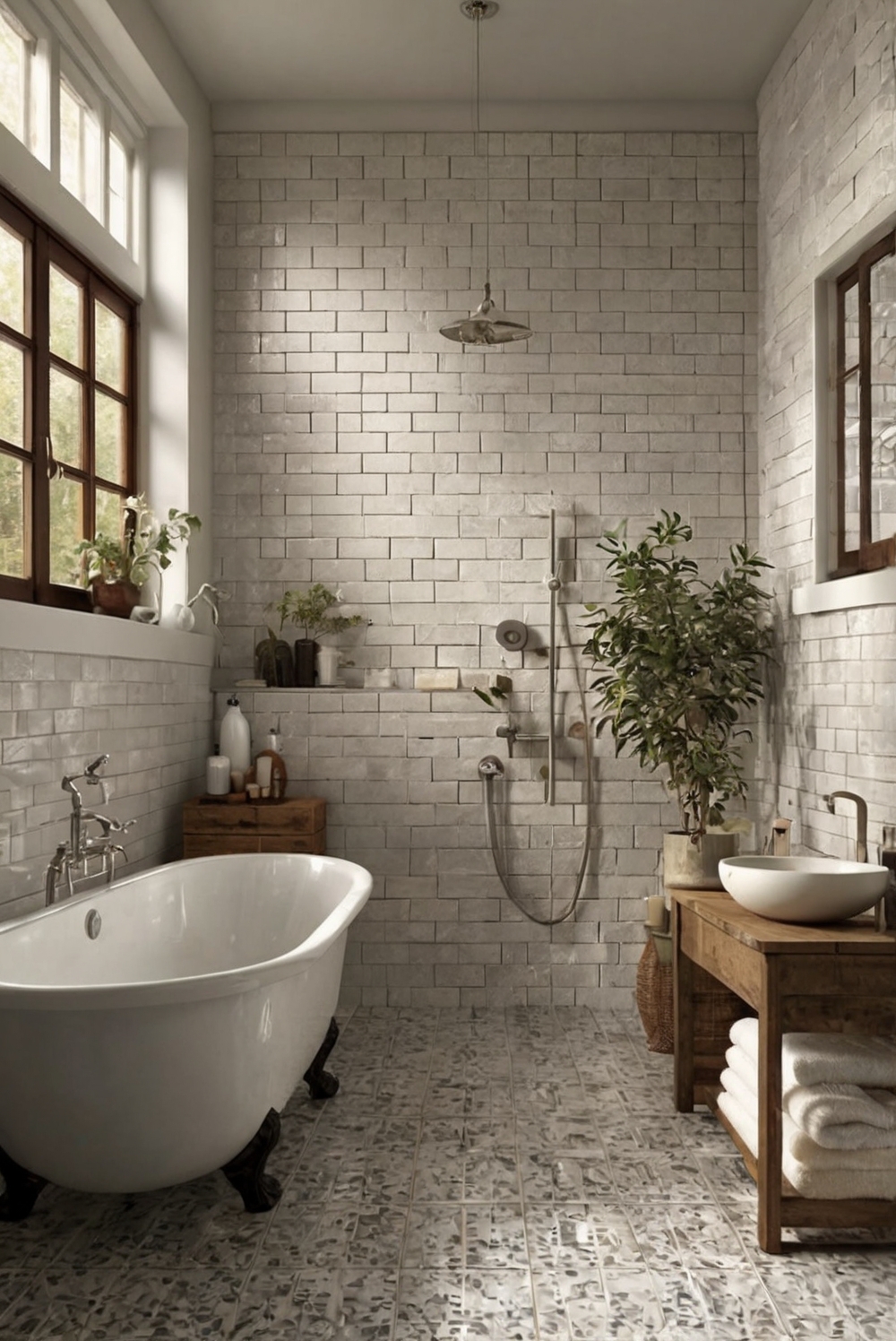Looking to upgrade your bathroom tiles? Learn the key factors to consider for choosing the ideal tile thickness that suits both style and functionality.
**
How can I choose the right tile thickness for my bathroom?
**
**
How can I choose the right tile thickness for my bathroom?
**
Incorporating the right tile thickness is crucial for your bathroom decor. Consider the following factors to make an informed decision:
– The thickness of the tile affects the durability and strength of the flooring.
– Thicker tiles are more suited for high-traffic areas like bathrooms.
– Thin tiles are best for walls or floors that do not endure heavy foot traffic.
– Ensure that the tile thickness aligns with your overall home decor and theme.
– Seek advice from an interior designer for expert recommendations on tile thickness and layout.
By paying attention to tile thickness, you can elevate the aesthetics of your bathroom while ensuring longevity and practicality.
When choosing the right tile thickness for your bathroom
It is important to consider the following factors:
1. Tile Material:
The type of material the tile is made of will impact its thickness. For example, ceramic tiles are typically thinner than porcelain tiles. Natural stone tiles, such as marble or granite, tend to be thicker than ceramic tiles. Consider the material of the tile you are interested in and how that will affect the overall thickness.
2. Subfloor Condition:
The condition of your bathroom’s subfloor will also play a role in determining the appropriate tile thickness. If your subfloor is uneven or damaged, you may need thicker tiles to compensate for these imperfections. Thinner tiles may not be able to withstand the pressure and could crack or break over time.
3. Installation Method:
The method of installation can also impact the thickness of the tile. For example, if you are installing tiles over an existing floor, you may need thinner tiles to avoid raising the height of the floor too much. On the other hand, if you are installing tiles directly onto a concrete subfloor, you may have more flexibility in choosing thicker tiles.
Consider the following specifications when choosing the right tile thickness for your bathroom:
1. Durability:
Thicker tiles are generally more durable and less likely to crack or break under pressure. If your bathroom experiences heavy foot traffic or if you have children or pets, opting for thicker tiles can provide added strength and longevity.
2. Moisture Resistance:
Thicker tiles are often more resistant to moisture and water damage, making them a better choice for bathrooms where water exposure is common. Thicker tiles can help prevent water from seeping through grout lines and damaging the subfloor.
In conclusion, choosing the right tile thickness for your bathroom involves considering factors such as the material of the tile, the condition of the subfloor, and the installation method. By taking these factors into account and selecting tiles that are durable and moisture-resistant, you can ensure a long-lasting and visually appealing bathroom floor. Consider consulting with a professional tile installer to help you determine the best tile thickness for your specific bathroom needs.

